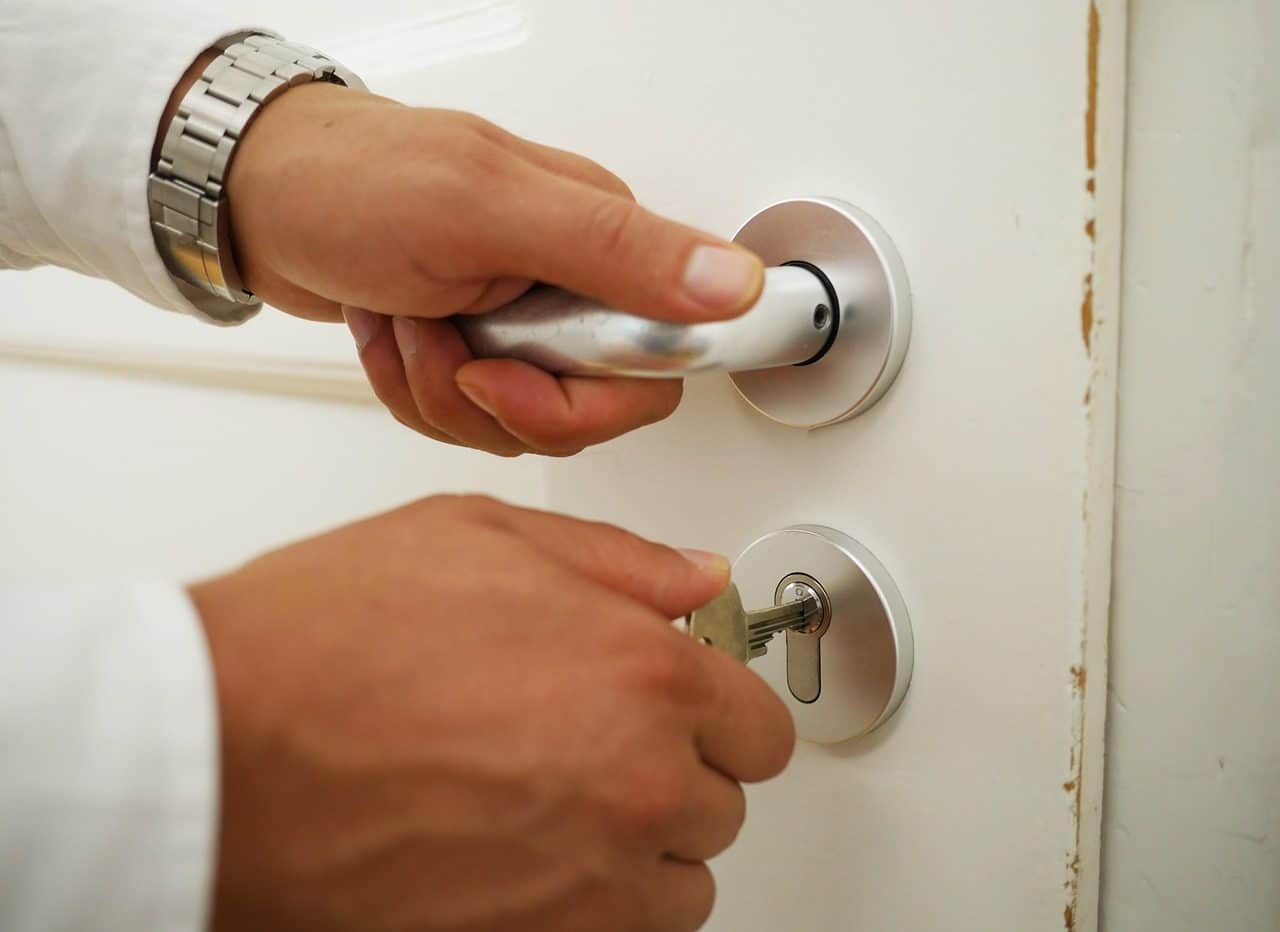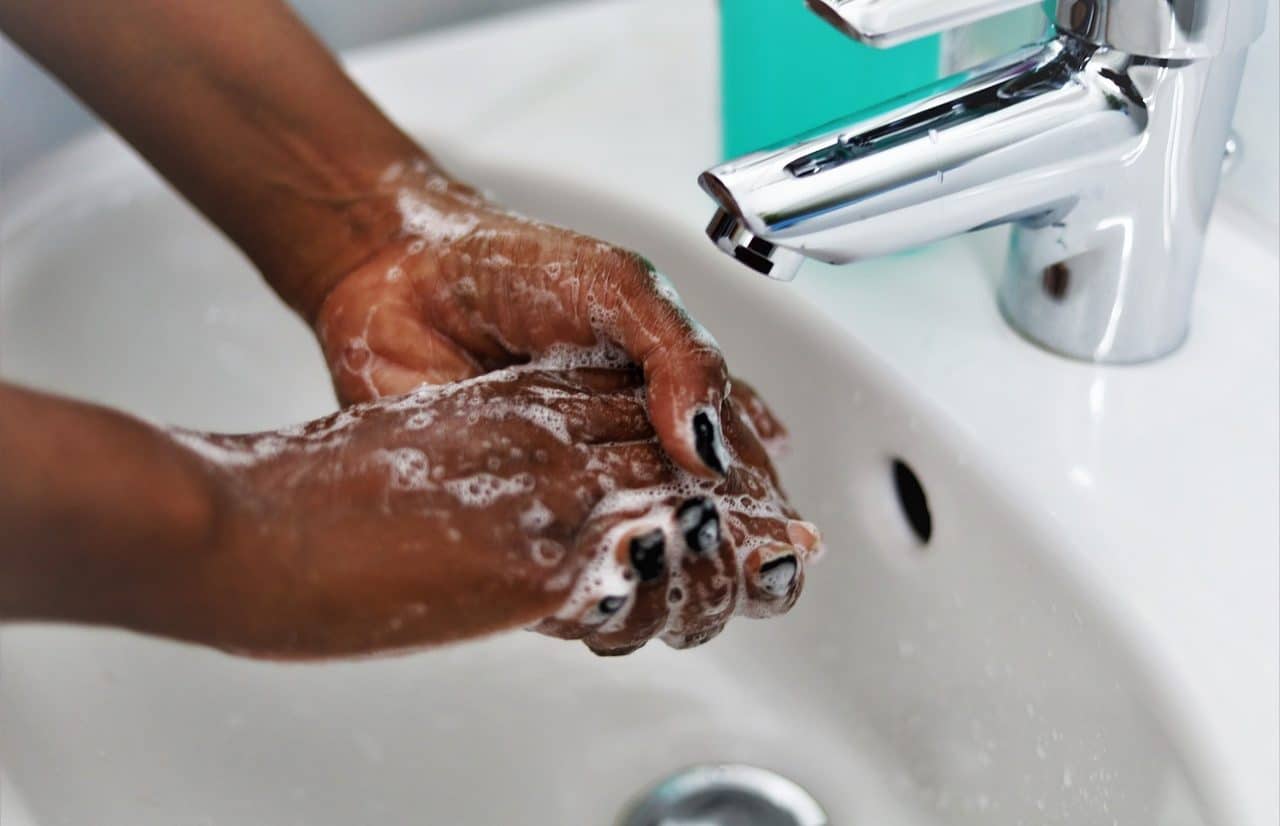
Frequently checking that the door is closed can constitute OCD.
OCD is the acronym for obsessive-compulsive disorders , which are part of the so-called anxiety disorders . OCD is characterized by thoughts that appear over and over again and that lead the person to repeat the same behavior numerous times with the intention of minimizing the anxiety caused by these thoughts.
Obsession is precisely an idea, image or impulse that occurs recurrently and persistently, and that is not experienced voluntarily but rather invades consciousness and is meaningless and may even be unpleasant. These characteristics turn the obsession into something ego-dystonic, dissonant or in conflict with the goals and needs of the ego.
Compulsion is understood as any behavior that is repeated and that seems like a whim , that follows an exaggerated rule with the purpose of reducing the anxiety generated by an obsession. One of its most striking characteristics is the apparent resistance that accompanies it, since the subject does not always want to do it or is not convinced of its potential usefulness; Especially adults who suffer from OCD do not find meaning in their compulsions, nor do they feel pleasure in letting themselves be carried away by them.
Example of OCD
Suppose a person has an obsession with security. The fear of suffering from a problem of this nature generates great anxiety and leads to OCD: the subject needs to check that the door to his house is properly closed . In this way, when you are at home, you repeatedly pass by the door and push it to confirm that it is closed correctly. This OCD, classified as checking , prevents the person from leading a normal life since the person constantly interrupts their activities to go check the door.
OCD, therefore, can cause disability . The patient, in addition to repeating behaviors , may experience an intense feeling of guilt for failing to control the compulsion. Your family and friends, for their part, may become angry at your behavior.

There are people who suffer from OCD when it comes to handwashing.
The treatment
To treat OCD, it is possible to use psychotherapy (be it behavioral, cognitive, or a combination of both) and medication .
In the case of drugs , they aim to minimize symptoms through an action on serotonin , an important neurotransmitter. Paroxetine , fluvoxamine , and fluoxetine are some of the drugs commonly prescribed for the treatment of OCD.
Types of OCD
- Checkers : As expressed in the example of the person who checks again and again if he has locked his door, this type of OCD is characterized by excessive inspection of certain elements to protect himself from a very serious event. There are those who constantly check electrical connections, gas outlets and drawers, among many other objects, to ensure that accidents of various kinds are avoided. It is important to note that your concern is not only for your own well-being, but for that of others.
- Washers and cleaners : in this case, the obsessions aim at preventing the spread of certain diseases or pollution . Dirt is the worst enemy of a person with OCD of this type, which is why they not only repeatedly clean each room in their homes, but they also make sure to use gloves and disinfect their hands after each session. As expected, they never manage to feel the security they seek -unintentionally- with their compulsions.
- Hoarders : unlike the previous two types, who become obsessed with the state of certain objects and the consequences that this may cause them, hoarders are dedicated to collecting things that for most people may seem insignificant, and they cannot get rid of them. they.
